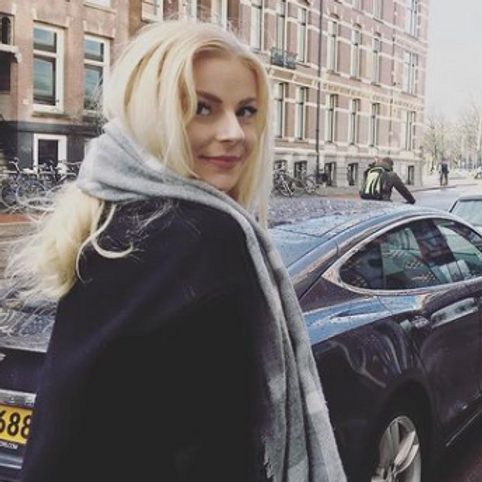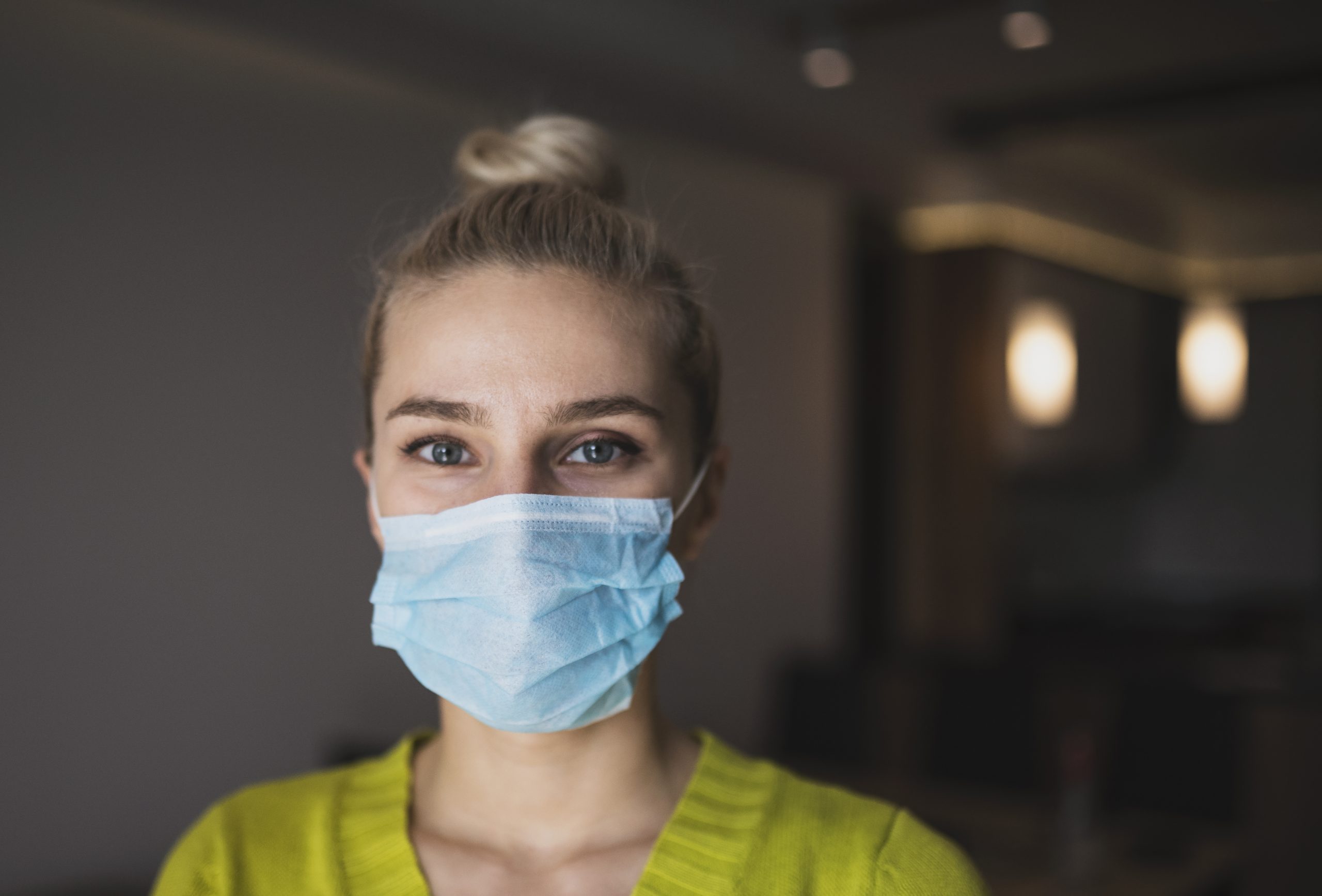The unexpected benefit of wearing a coronavirus mask you might not have thought about


Coronavirus masks are a common sight whenever you step out in public these days.
Whether you're at the local supermarket stocking up on essentials or taking a socially distanced walk through the park, you're sure to be sporting one yourself or clocking loads of others doing so.
And with the government now stating that wearing masks on public transport is mandatory, it's likely lots of us will be claiming one in the coming weeks.
But they actually may have a certain benefit you might not have thought about.
According to experts, the face coverings could actually protect hay fever sufferers from serious bouts of the irritating allergy.

Allergy expert Dr Glenis Scadding appeared on ITV's This Morning this week to explain how the masks can protect those prone to the hellish cold-like symptoms caused by hay fever from a summer of sniffles, sneezes, watery eyes and a runny nose.
"Wearing a mask helps to reduce pollen coming into your mouth and nose, which is great," the doc said.
GoodtoKnow Newsletter
Parenting advice, hot topics, best buys and family finance tips delivered straight to your inbox.
"Adding a pair of wrap around spectacles will keep it out of your eyes."
Around 20% of Brits are thought to suffer from hay fever and many have been left in watery-eyed misery thanks to the recent "pollen bomb" striking the UK.

He also revealed that making small changes to your diet could lessen the intensity at which you suffer from pollen allergy.
"Diet is fascinating because diet alters the bacteria living in your gut, and they in turn could alter the way your body reacts immunologically.
"A diet that is rich in short chain fatty acids promotes good bacteria, and the sorts of things that help that are plant-based foods - fruits, vegetables, and also yogurt and fish."
Those living in the South East of England are also likely to be hit harder by tiny pollen particles invading their nose and eyes.
"“The south gets the pollen first because the climate is warmer and then the pollen gradually moves northwards so that the far north of Scotland is probably about three weeks behind having its main pollen count."

Caitlin is a Junior News Editor for Goodto.com, covering all things royal, celeb, lifestyle, food, and family. Having set her sights on becoming a magazine journalist when she was a child, Caitlin took on work experience stints at local papers and titles such as Cosmopolitan, Now, Reveal and Take a Break while studying for her Multimedia Journalism degree and has interviews with celebs, reality stars and the Archbishop of Canterbury under her belt (of course, she couldn't resist asking him about Meghan Markle and Prince Harry).